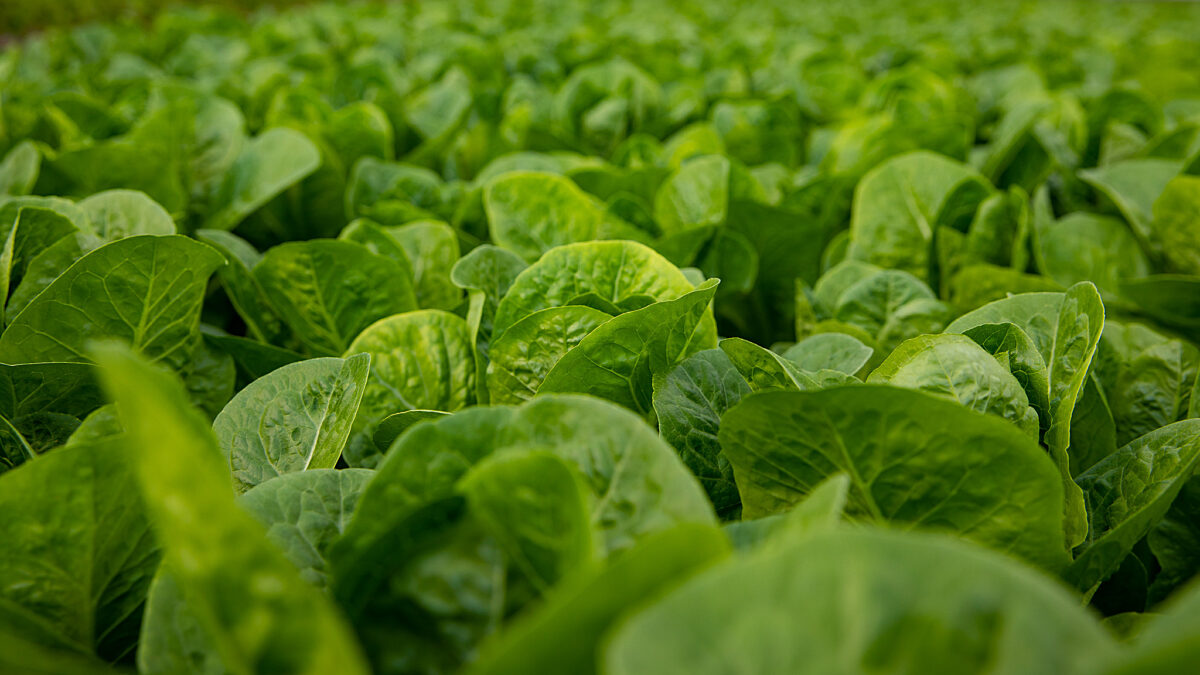American Food for American Schools
Guest Author
Special Contributor to FB.org

photo credit: AFBF Photo, Morgan Walker
Guest Author
Special Contributor to FB.org
By Congressman John Garamendi
The National School Lunch Program is one of the most powerful tools we have in the fight against hunger. It’s the second-largest food assistance program in the country, and it helps ensure that millions of students can go to school without worrying about going hungry. But where the food comes from is also important: our school children deserve healthy, nutritious, American-grown food. This helps ensure high-quality meals for our kids, and supports our local agriculture industry. Too often this doesn’t happen, and that needs to be changed.
Under current policy, school districts in the United States are supposed to serve domestically produced foods whenever possible. This is known as the “Buy American” requirement. School districts can apply for a waiver from the requirement, but only when domestic foods are either not available, or significantly more expensive. Unfortunately, these policies are merely guidelines, and do not have the force of law or a requirement for public transparency. Consequently, school districts can ignore the waiver process altogether and use foreign products in school lunches, even when domestic products are available from farms just a few miles away.
This takes opportunities away from our local farmers, and forces our nation’s children to eat foreign food that may not be held to the same quality and safety standards. This dynamic is simply unacceptable, and it’s time we take action to correct it.
American taxpayer dollars should be spent on American industry. That’s why I’ve joined with my colleague Doug LaMalfa (R-Calif.) to introduce the bipartisan American Food for American Schools Act. This bill would legally require school nutrition providers to seek a waiver from the “Buy American” requirement in order to use taxpayer dollars to purchase foreign commodities. Additionally, waiver requests would need to be made public to increase transparency and ensure that parents know where their children’s food is coming from. This is an important issue that impacts farmers throughout the entire nation, and this legislation presents a simple solution that will prevent the system from tipping the scale in favor of their foreign competitors.
In Congress, I proudly represent a vibrant agricultural region in Northern California. The local agricultural industry in my district alone generates over $4 billion in farm gate value. Even so, I have discovered instances where schools don’t use locally sourced products in their school lunches. Last year, a nearby school district imported Chinese peaches for their school lunches, despite having four canned peach processing facilities within a two-hour drive of the city. And while public pressure got this school district to reverse course and commit to local sourcing in the future, we simply don’t know how many other school districts are engaging in similar practices.
No matter where we are on the political spectrum, we can all agree that more locally grown food should end up in our children’s lunches. American farmers lose when schools import food from half a world away, particularly when a high-quality, locally sourced option is available right next door. American kids should be eating food grown by American farmers. Congress can take a very simple step to make that possible—support the American Food for American Schools Act.
John Garamendi
Raised on his family’s cattle ranch, Congressman John Garamendi (D-Calif.) serves on the House Armed Services and Transportation & Infrastructure committees.
Top Issues
VIEW ALL